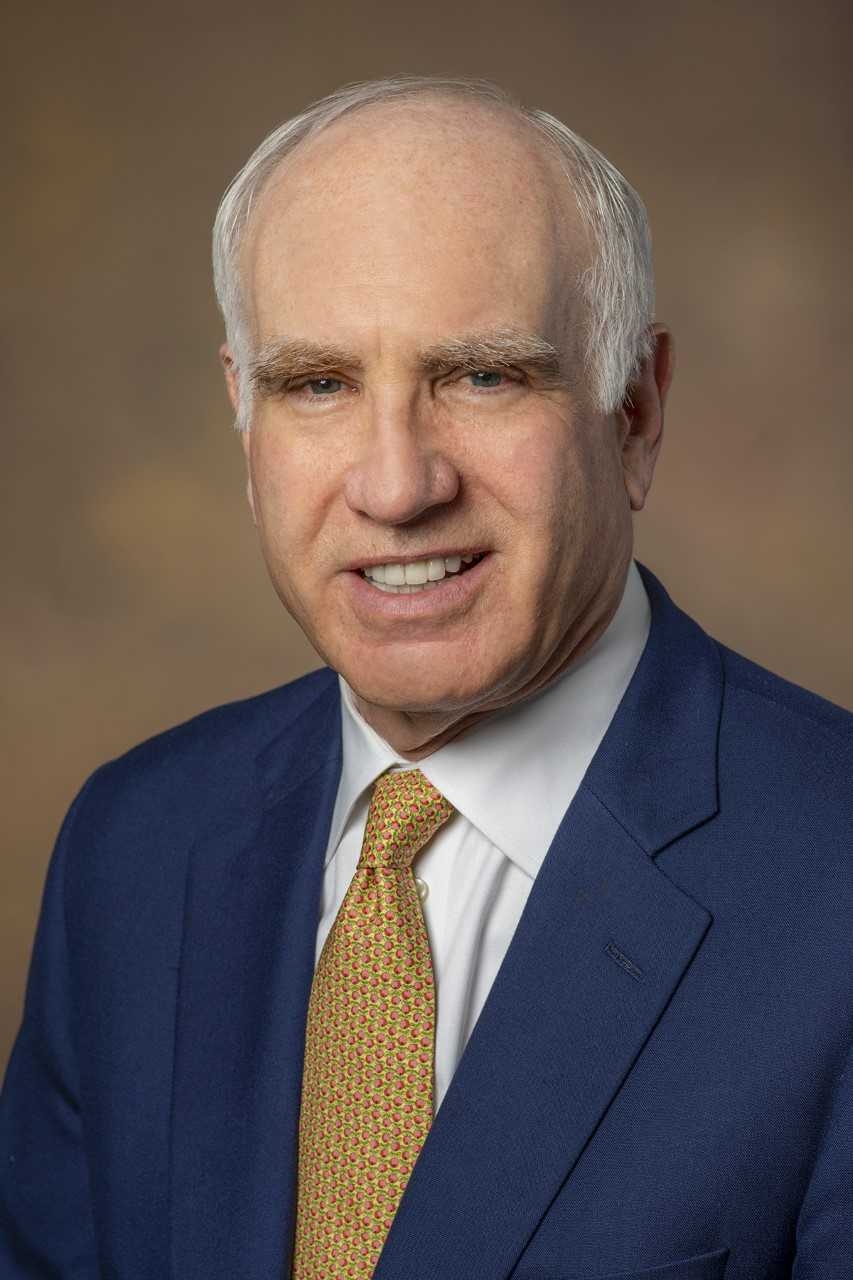Challenges and Opportunities For Psychoanalytic Research and Practice
 The International Neuropsychoanalysis Society hosts Professor of Psychiatry, Psychology and Neuroscience Richard D. Lane, MD, PhD for a presentation on Memory Reconsolidation, Emotional Arousal and Enduring Change In Psychotherapy.
The International Neuropsychoanalysis Society hosts Professor of Psychiatry, Psychology and Neuroscience Richard D. Lane, MD, PhD for a presentation on Memory Reconsolidation, Emotional Arousal and Enduring Change In Psychotherapy.
Registration closes Thursday, October 1 to facilitate receipt of Zoom details. Click here for free student registration (students register free, including interns, candidates, post-docs, residents, and fellows).
Society members register at a discount: Click here. (Not yet a member? Join as part of your registration via the link above. Not sure you are a member? Click here.) Prefer to register as a non-member? Click here.
"In a recent review article and book, my colleagues and I proposed that therapeutic change in a variety of modalities results from updating prior memories through a process of reconsolidation that incorporates new emotional experiences. The proposed essential ingredients of therapeutic change include: 1) reactivating old memories and the associated painful emotions; 2) engaging in new emotional experiences that are incorporated into these reactivated memories via the process of reconsolidation; and 3) reinforcing the changes in memory by practicing new ways of behaving and experiencing the world in a variety of contexts. This theory and its empirical foundation will be reviewed. The idea will be advanced that psychoanalysis offers a unique approach to the treatment of early childhood trauma by providing a variant of the corrective emotional experience called the “corrective emotional relationship.”
Although memory reconsolidation is an established phenomenon for episodic (event) memories, very little is known about reconsolidation of schematic memories, which are the type of semantic memory (generalizable knowledge) most relevant to psychoanalysis. An advantage of this brain-based perspective, however, is that it provides guidance for basic and clinical research. Highlights of this research agenda will be reviewed. Since the actual reconsolidation of emotional memories is accomplished during sleep, particularly during REM (rapid eye movement) when most dreams occur, an intriguing implication is that dreams may provide a marker of memory reconsolidation and thus an index of treatment outcome. New research being planned on this topic will be discussed."

